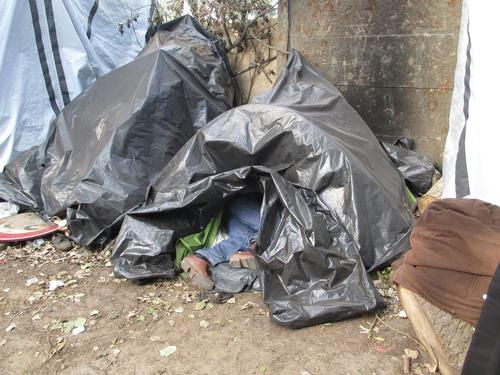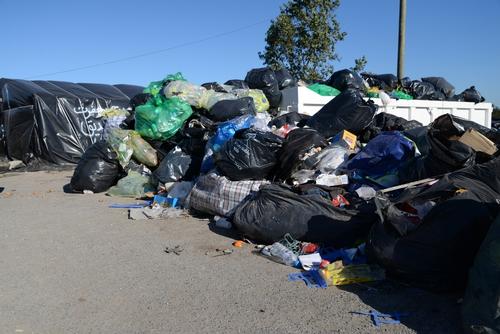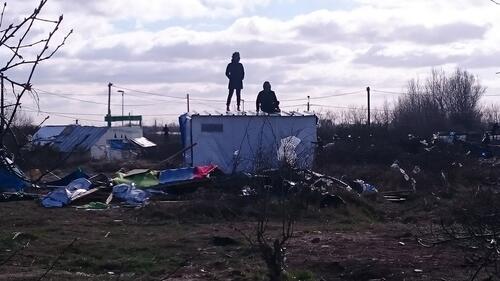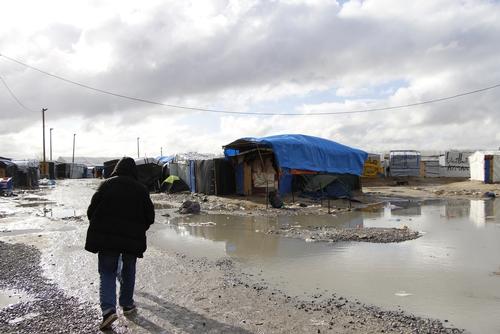MSF hadn’t expected to build wooden shelters in Calais. The refugees who ended up at the “Jungle” site didn’t expect to stay for long. Calais was to be just one phase of their journey, but it has become nearly impossible to continue on to England. With winter approaching, MSF will provide shelters to protect them from the cold, in collaboration with a project initiated by volunteers.
“We developed the prototype for this little cabin based on a shelter that a local group, working with British volunteers who had come to help the migrants, had started building,” explains Anne Chatelain, deputy director of MSF’s emergency programs. “Our goal was to better insulate it against the cold.” In Calais, a team built modules – floor, ceiling, wooden walls and sheet metal roof – and delivered them to the camp. The first shelter was assembled at the Jungle site on November 14. The collaboration continues ongoing with the non-profit migrant support group, L’Auberge des migrants, which identifies beneficiaries, and with the volunteers who are producing the same shelter model.
MSF’s objective is to produce 400 shelters by the end of the year. Each bungalow measures 8.5 square meters and can house five people. Some 2,000 people will thus have a dry place to sleep. “These shelters are a default solution,” Chatelain says. “We wished we could provide refugees with temporary accommodation adapted to their needs - to rest, to contact their family, to wash their clothes and to take showers for a few days – as most of them want to reach England as soon as possible. But we are forced to supply them with cabins because they are condemned to spend the winter here and cannot keep living in the cold and damp.”
Most of them have only small, lightweight tents, which are fine for camping in the summer but not for living in during rainy, windy weather. The local authorities that sent the refugees to this undeveloped site in March do not seem to care about providing them with decent conditions. The government will set up a permanent camp that is expected to house 1,500 people, but not before the end of the year. The only tangible option for now is the 200 places available to women and children in a play center that has been converted into a housing center at the edge of the camp.
The camp’s population, estimated at 6,000 people in October, is reported to have declined. Today, no more than 4,500 people are believed to be there, according to the Ministry of the Interior, which wants to reduce crowding at the Calais site by sending the migrants to reception and referral centres (just long enough to inform them about asylum procedures) or to holding centres.
MSF will continue to provide medical care to those who remain, but under better conditions. The team has set up a permanent clinic to provide medical consultations, nursing care, physical therapy and psychological support. However, this is also supposed to be only a temporary solution, as the government has announced that it will open a health centre.






